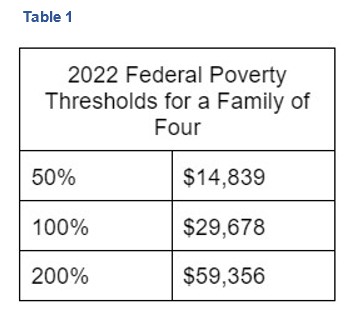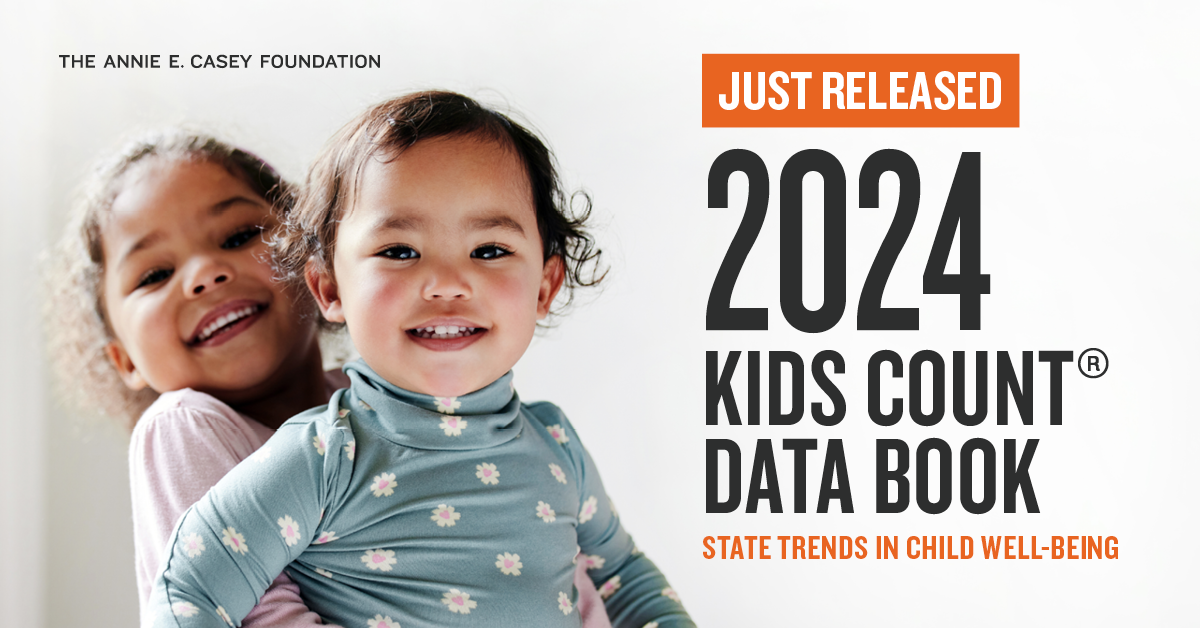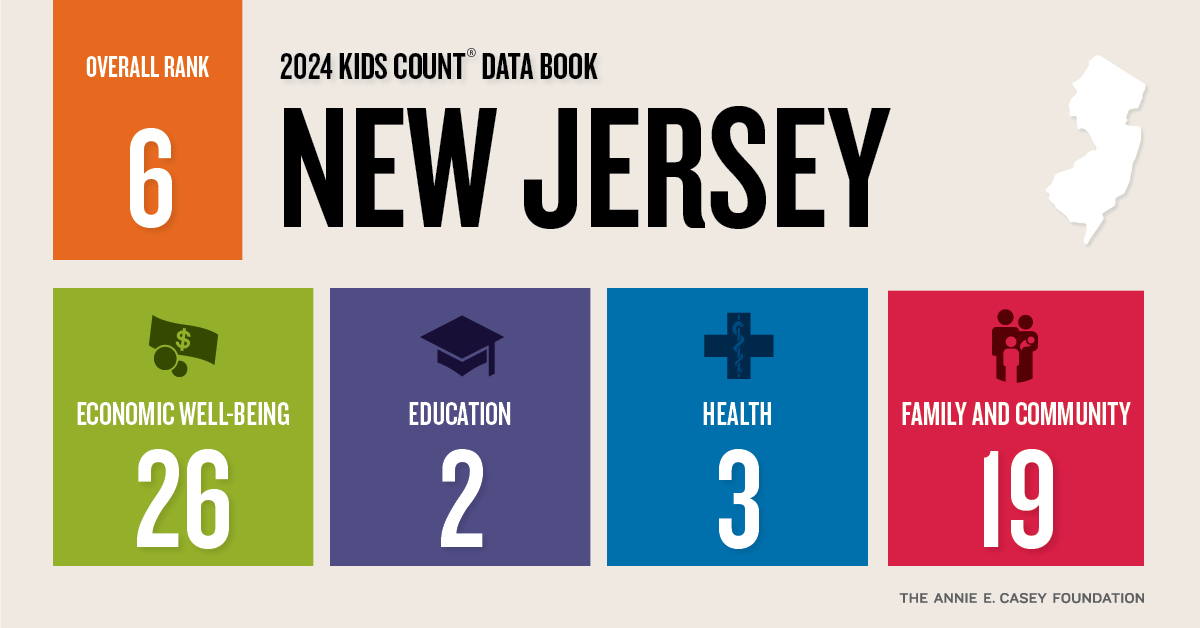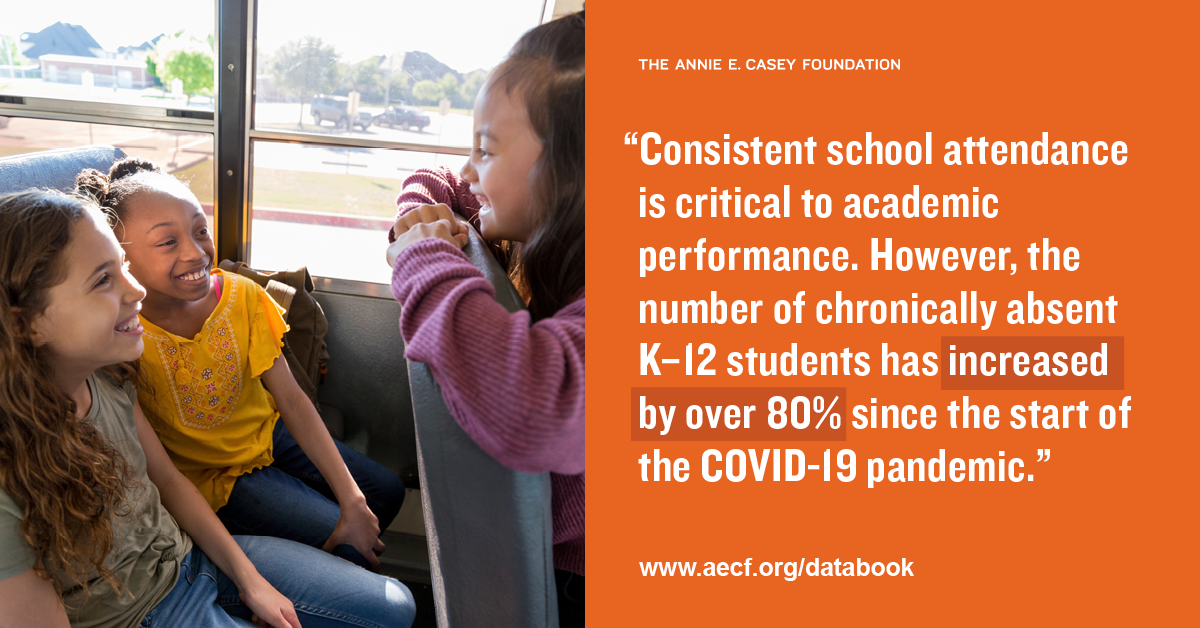Posted on June 12, 2024
ACNJ is excited to welcome our newest board members: Heather Baker, Dr. Arnold Rabson, David Sims, and a familiar face -- Laurence (Larry) Fundler, who is rejoining the board after a break. United by a deep concern for the well-being of New Jersey's children, they collectively bring a wealth of expertise, knowledge, and lived experiences that will contribute greatly to our dynamic board.

Baker was awarded a NJ Bankers Rising Star Award in 2019 and was named one of the Top 40 Managers Under 40. She was also assigned as a Bee-Hive leader and mentor for the Provident Women organization. She is currently serving as a Board Member for Eastern Monmouth Area Chamber of Commerce and was recently awarded the 2024 Next Generation Leader award for her work in utilizing the chamber for career development and business growth. Baker obtained an Associate’s Degree in Social Science from Brookdale Community College and received a Bachelor’s of Science in Labor Management and Employee Relations from Rutgers University. Aside from work, Heather is also a full time working mom of two amazing boys, Lorenzo and Tyler, and married to her wonderful husband Wayne for ten amazing years. The Baker family are hockey enthusiasts and dedicated New Jersey Devils fans. Weekends consist of watching her sons play in their hockey games, tournaments, and just making sure they are being the best they can be!


Dr. Rabson is also a Professor for the Department of Pediatrics at University of Medicine and Dentistry of New Jersey (UMDNJ)-RWJMS. Since 1990, he has served as a Resident Scientist at the Center for Advanced Biotechnology and Medicine, Viral Pathogenesis Laboratory. Dr. Rabson was also an Associate Professor at the Department of Microbiology and Molecular Genetics and at the Department of Pathology at UMDNJ-RWJMS. He held many roles at The Cancer Institute of New Jersey, including Deputy Director and the Program Leader for the Transcriptional Regulation and Oncogenesis Program. Dr. Rabson has been a member of several organizations and committees, including the American Association for the Advancement of Science, the American Society of Microbiology and the American Association for Cancer Research. Dr. Rabson was presented with many honors and awards over the years, such as the Cancer Institute of New Jersey Foundation Trustees Award for Distinguished Leadership and Achievement, and most recently, the Distinguished Alumni Award from The Sidwell Friends Scholl in Washington DC. Dr. Rabson earned a Sc.B. from Brown University and an M.D. from BU’s Program in Medicine.

Sims spent nearly 40 years with the New Jersey Department of Children and Families (DCF) and the Division of Child Protection and Permanency (DCPP) before retiring in 2023. Sims served more than 12 years as DCPP's Essex County Area Director, making progressive changes while managing the operations of six Child Welfare Local Offices and an Area Office. He served as DCF and DCPP Deputy Director for more than 3 years and as DCPP's Union County Area Director for four years. Sims was a member of the New Jersey Governor's Blue Ribbon Panel on Child Protection Services, was on the Multi-Disciplinary Child Fatality Review Team, and served as the Co-Chair of DCF's Statewide Race and Equity Steering Committee tasked with identifying implicit bias racism and reducing racial disparity in the child welfare system. Sims is a graduate of Pennsylvania State University, where he received a BA in Psychology with a math minor.









